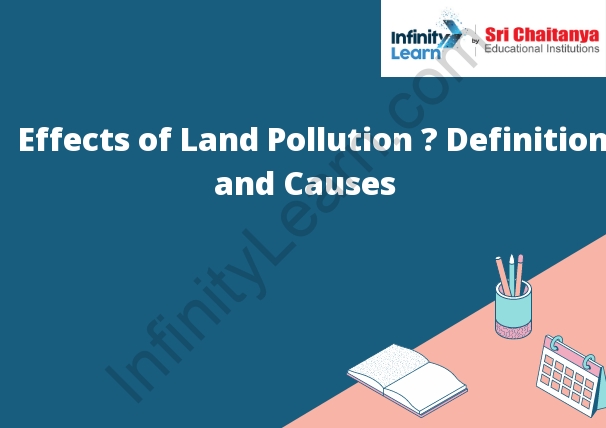Table of Contents
What is Land Pollution?
Land pollution is the degradation of the earth’s surface and soil by the discharge of pollutants. Soil contamination can occur through the introduction of chemical pollutants, biological contaminants, or physical contaminants.

What Causes Land Pollution?
Land pollution is caused by the release of pollutants into the soil. These pollutants can come from a variety of sources, including factories, agricultural operations, and household trash.
Some of the most common pollutants found in soil include lead, mercury, arsenic, and cadmium. These toxins can cause a variety of health problems, including cancer, respiratory problems, and birth defects.
Soil pollution can also have a negative impact on the environment. It can contaminate groundwater supplies, increase the spread of disease, and damage plant life.
What are the Effects of Land Pollution?
Land pollution has a number of serious effects on the environment. When rain or snow falls onto polluted land, the pollutants wash into rivers, lakes, and oceans, making them more acidic. This can kill fish and other aquatic life, and make it difficult for plants to grow.
Polluted land also releases harmful chemicals into the air. These chemicals can cause respiratory problems in people and animals, and contribute to global warming.
How to Minimize Land Pollution?
There are a number of ways to minimize land pollution. One way is to prevent waste from entering the environment in the first place. This can be done by properly disposing of waste, using less packaging, and recycling materials.
Another way to minimize land pollution is to reduce the amount of pollutants that are released into the air. This can be done by using less energy, driving less, and reducing the amount of emissions from factories and power plants.
Finally, it is important to take steps to clean up polluted areas. This can include planting trees and other vegetation, restoring wetlands, and cleaning up bodies of water.







